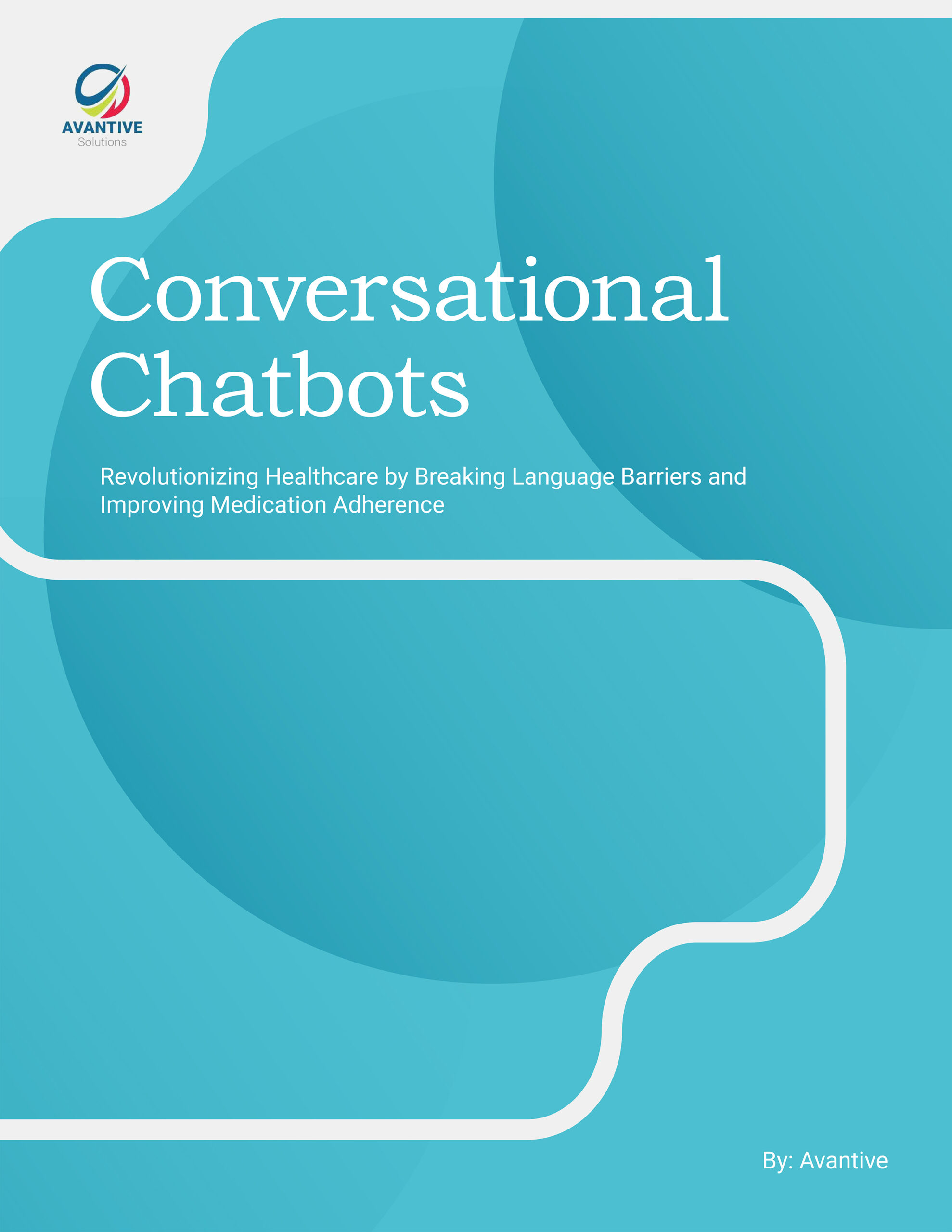Medication non-adherence presents a significant public health issue, affecting millions of individuals worldwide and leading to at least 100,000 preventable deaths annually. It also imposes a substantial financial burden, resulting in billions of dollars in unnecessary medical expenses each year. Amidst the various obstacles that lead to medication non-adherence, language barriers add an additional layer of complexity. However, emerging technologies, such as conversational chatbots powered by artificial intelligence (AI), offer a promising solution to bridge this language gap and achieve better health outcomes.
Conversational AI can be traced back to 1964 when a professor at Massachusetts Institute of Technology (MIT) created the first chatbot called ELIZA, which used natural language processing and a pattern-matching algorithm to create human-like responses. It set the stage for the development of more advanced conversational AI systems that incorporated machine learning and deep learning algorithms to improve their capabilities and be used in a wide variety of applications, from customer service chatbots to virtual assistants like Amazon’s Alexa and Apple’s Siri. By the end of 2023, it is anticipated that ChatGPT will surpass 1 billion users, reflecting its widespread adoption.








